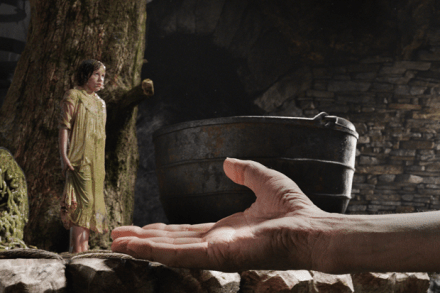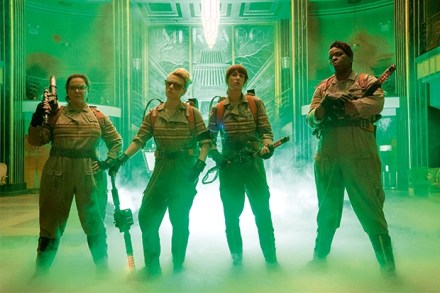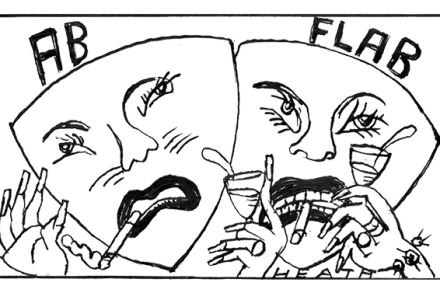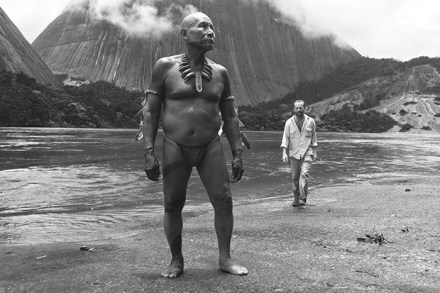Dahl by Spielberg
Nobody who witnessed it can have forgotten Mark Rylance summoning giants to his aid in Jerusalem. As Johnny ‘Rooster’ Byron, drug-dealing roustabout threatened with expulsion from his little patch of Eden, Rylance roared and drummed until the theatre shuddered with the sound of gigantic stomps approaching. That colossal performance brought him to international — as in American — attention. The biggest giant to answer his call was Steven Spielberg. The world’s most successful living fabulist now won’t get out of bed for any other leading man. We’ve already had Bridge of Spies, for which Rylance won an Oscar. There are two further Spielberg/Rylance collaborations on the runway. But for now,




















